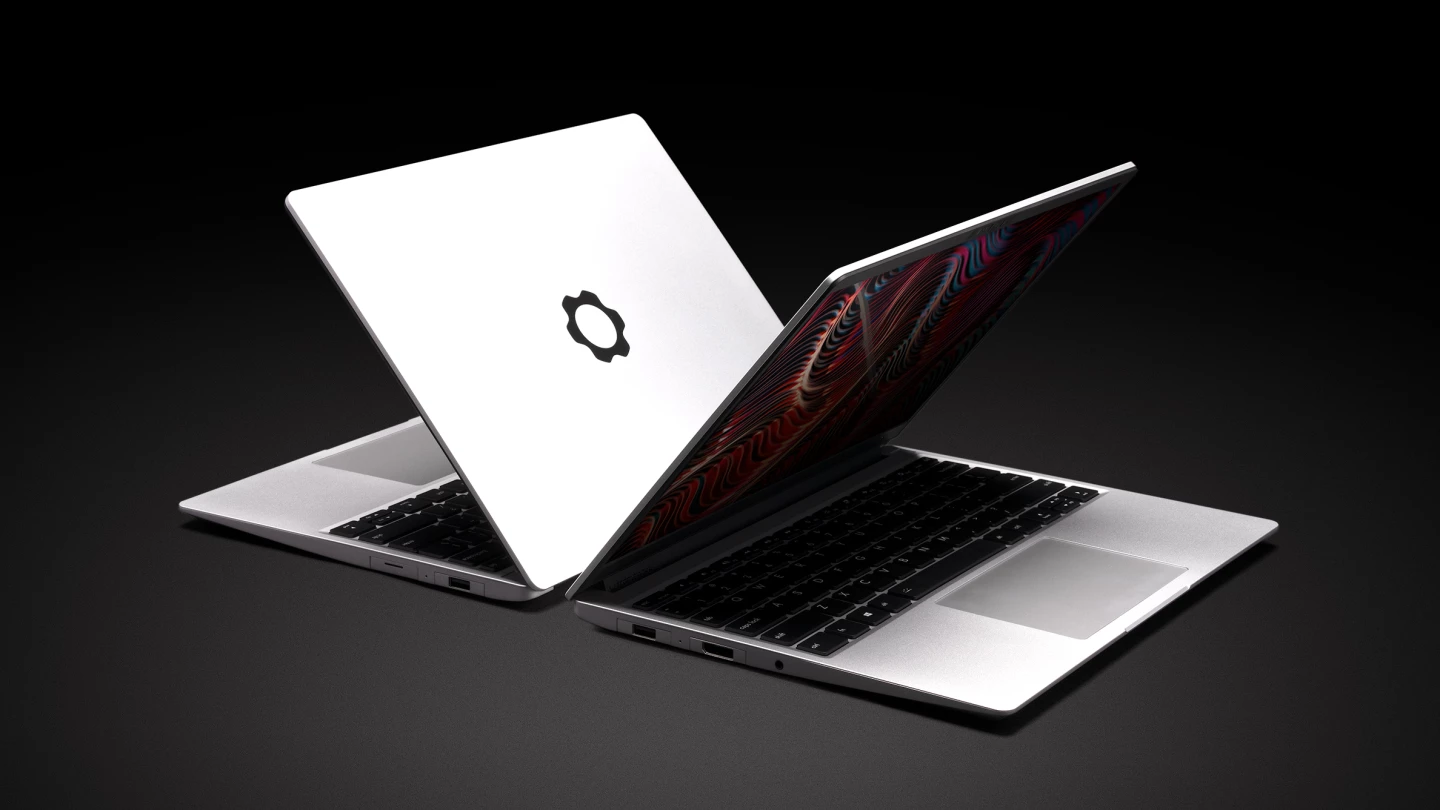Back in early 2021, a Californian startup revealed plans to launch a 13-inch laptop that users could upgrade, repair and customize to personal needs or tastes. Now the company is about to launch the Framework Laptop 16, which will allow users to upgrade discrete graphics.
It doesn't seem too long ago when upgrading laptop components was, if not straightforward, then at least possible without having to consult an expensive professional or arrange a trip to an authorized service center. But our apparent desire for ever thinner and lighter portable workstations has pretty much closed off the user repair/upgrade path – with even something as simple as swapping out a tired battery for a fresh one requiring special tools, lengthy and detailed step-by-step instructions, and nerves of steel.
Framework sought to buck that trend in 2021 with a laptop designed from the get-go to allow users to upgrade, customize and repair – with a view to extending the product's lifespan and potentially helping to reduce the world's huge e-waste problem.
The company embraced Intel's 12th Gen Core processors last year, naturally including upgrade kits for existing model owners, and also partnered with Google for a Chromebook Edition. Now Laptop 13 models can be had with 13th Gen Intel Core processing brains, and Framework has added AMD Ryzen 7040 Series models as well – prebuilt laptops start at US$1,049, DIY editions at $849, and upgrades for existing owners are up for grabs too.

But arguably the most exciting news comes in the shape of the Framework Laptop 16, a high-performance model aimed at gamers, content creators, engineers and other demanding users that – as you might expect – is built around an upgrade/repair/customization design philosophy.
Full specs, pricing and availability are yet to be revealed, but we do know that the 16-inch laptop adds an expansion bay system that allows power users to upgrade discrete graphics cards. The design will allow the thickness and depth of the laptop to be fairly fluid, resulting in "immense design flexibility to handle generation over generation changes in mechanical, thermal, and electrical requirements for GPUs."
If users don't need the latest and greatest in graphics hardware, the expansion bay can accommodate other component upgrades via the PCIe x8 interface – with Framework having already developed dual M.2 SSD storage for a 16-TB storage boost. And third-party developers can digest the open-source documentation for the interface and build such things as AI accelerators, video-capture devices and SDR radios to drop into the expansion bay shell.
For this model, Framework has also opted to give users more options for text input. Three hot-swap modules are being made available, two with numeric keypads and one without.
The company says the a number of the small numpad flavors will cater for color customization, though suggests that it will also be possible to create such things as an LED matrix or haptic slider. Medium numpad modules could incorporate secondary displays or macro pads, while the large keyboard module is being developed as a regular backlit version with support for "a range of languages" plus one with RGB backlighting for gamers and creators.
Again, the open-source nature of the design could also see developers coming up with "jog wheels, sliders, touchscreen displays, E-ink notepads, smartcard readers, and more. Really, almost anything can be created into an Input Module. The only limit is your imagination, and the 3.7-mm height constraints."

Like the 13-inch model before it, the Framework 16 accommodates the Expansion Card system so users can decide on port and storage options, but comes with room for three Cards on each side. The 3.5-mm headphone jack of old has been replaced with a new Audio Expansion Card, allowing users to choose to listen via analog, USB or wireless headsets.
The company has posted open-source documentation for the Input Modules, Expansion Bay Modules and Expansion Cards on GitHub to encourage developers to get busy creating "a robust and vibrant ecosystem of modules to accompany the launch of the Framework Laptop 16." A Framework Marketplace is also planned for some time in the future to allow individuals and companies to sell their third-party modules to users.
"The Framework Laptop 16 is meant to be a platform of possibilities," Framework's press release concluded. "Whether you’re a gamer, developer, heavy Linux user, creator, or have other performance-demanding work, the Framework Laptop 16 is built to be customized to your needs." It's expected to go up for pre-order in the coming weeks, with deliveries to customers pegged to start in late 2023.
Source: Framework






